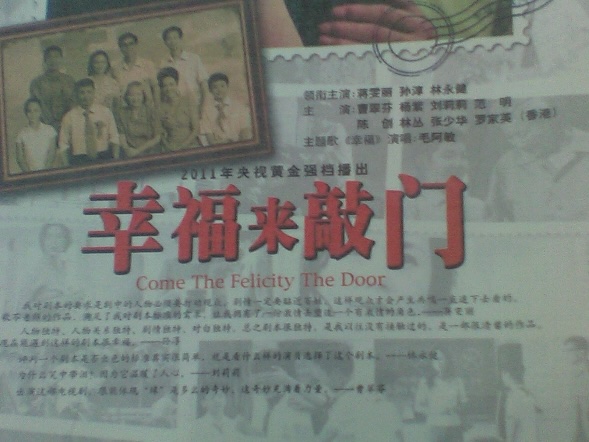Sanskrit is far from extinct
[This is the first of two consecutive posts on things Indian. After reading them, if someone is prompted to send me material for a third, I'll be happy to make it a trifecta.]
Our entry point to the linguistically compelling topic of today's post is this Nikkei Asia (11/29/23) article by Barkha Shah in its "Tea Leaves" section:
Why it's worth learning ancient Sanskrit in the modern world:
India’s classical language is making a comeback via Telegram and YouTube
The author begins with a brief introduction to the language:
The language had its heyday in ancient India. The Vedas, a collection of poems and hymns, were written in Sanskrit between 1500 and 1200 B.C., along with other literary texts now known as the Upanishads, Granths and Vedangas. But while Sanskrit became the foundation for many (though not all) modern Indian languages, including Hindi, it faded away as a living tongue.
Read the rest of this entry »





